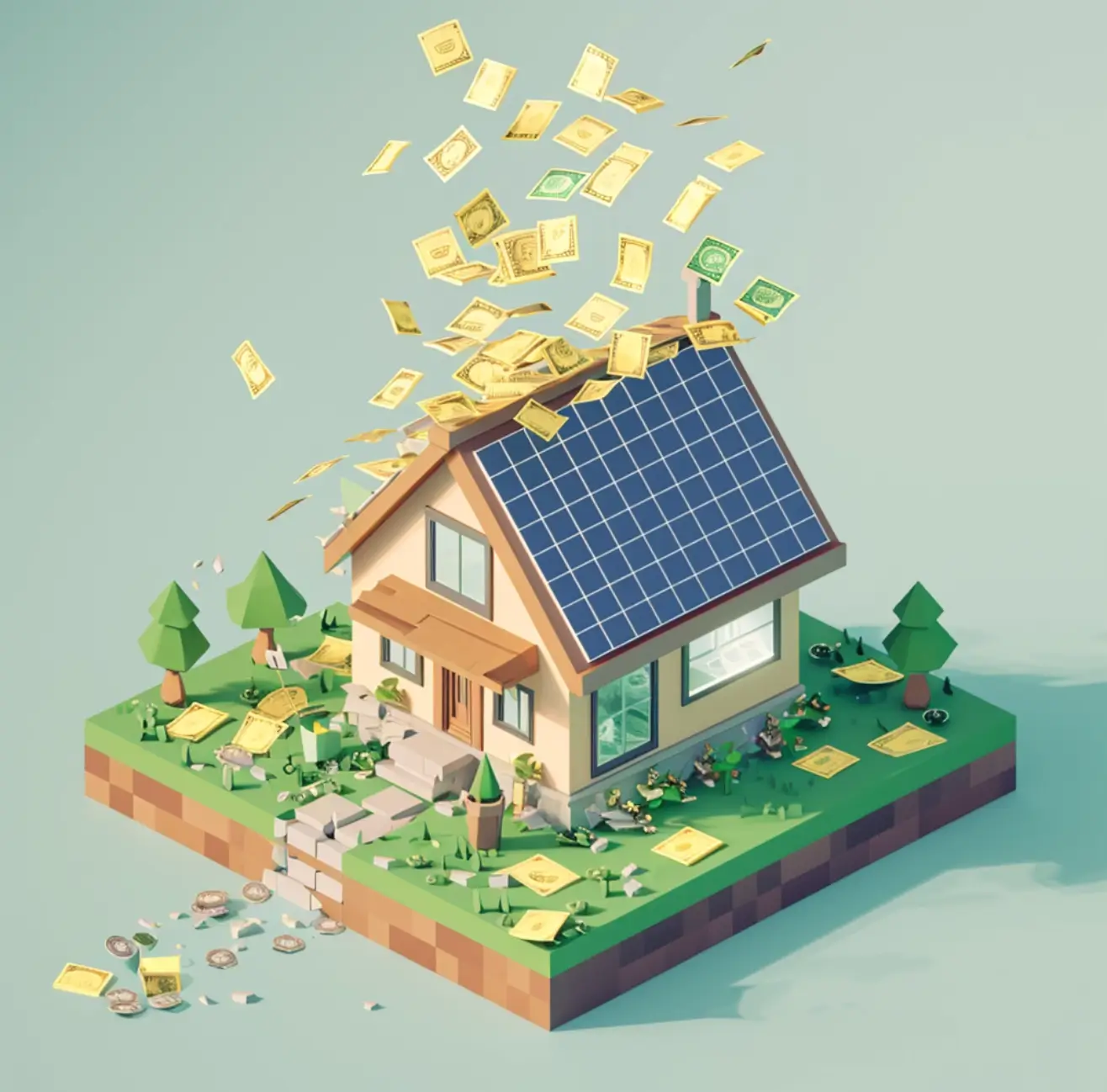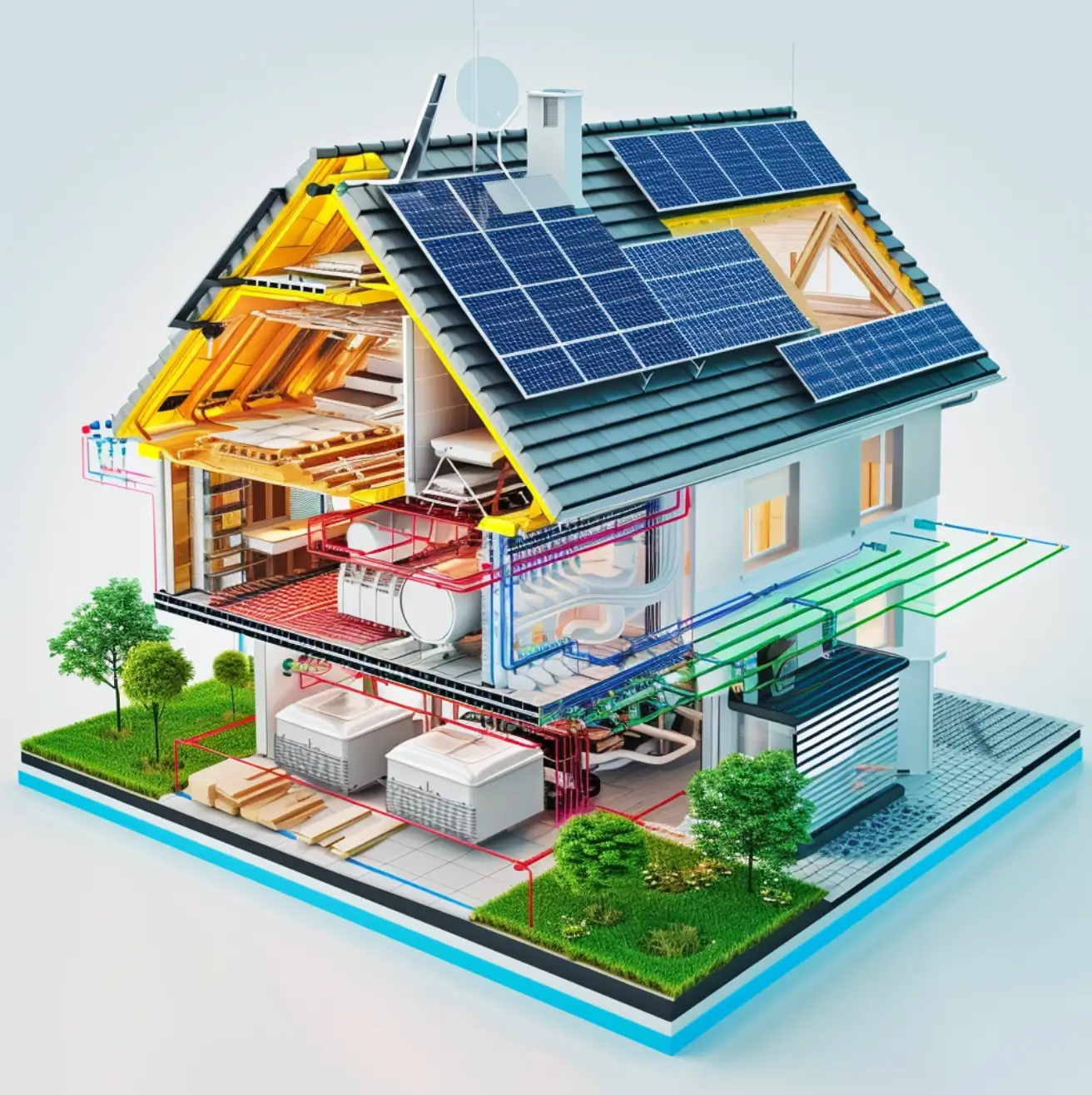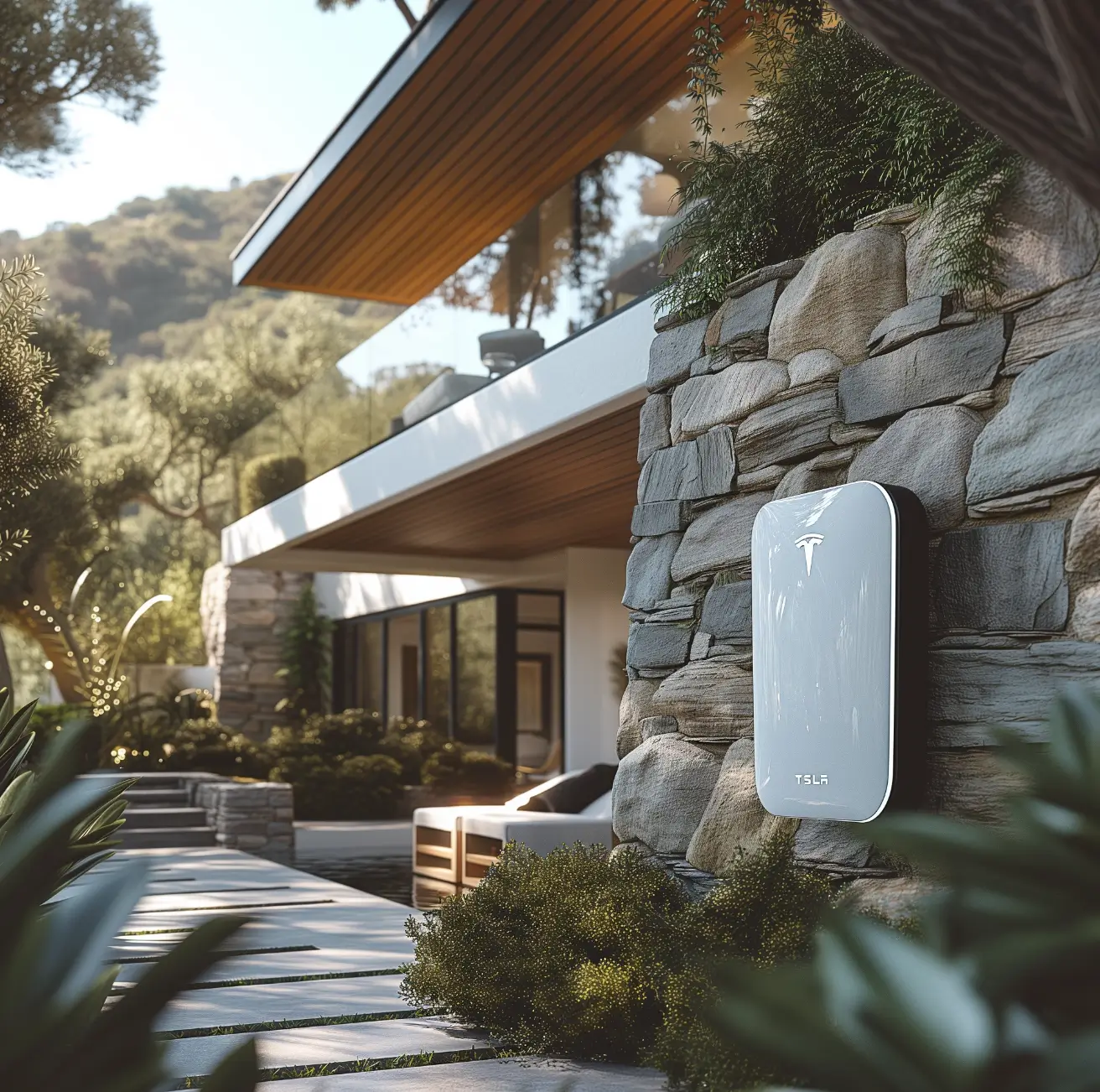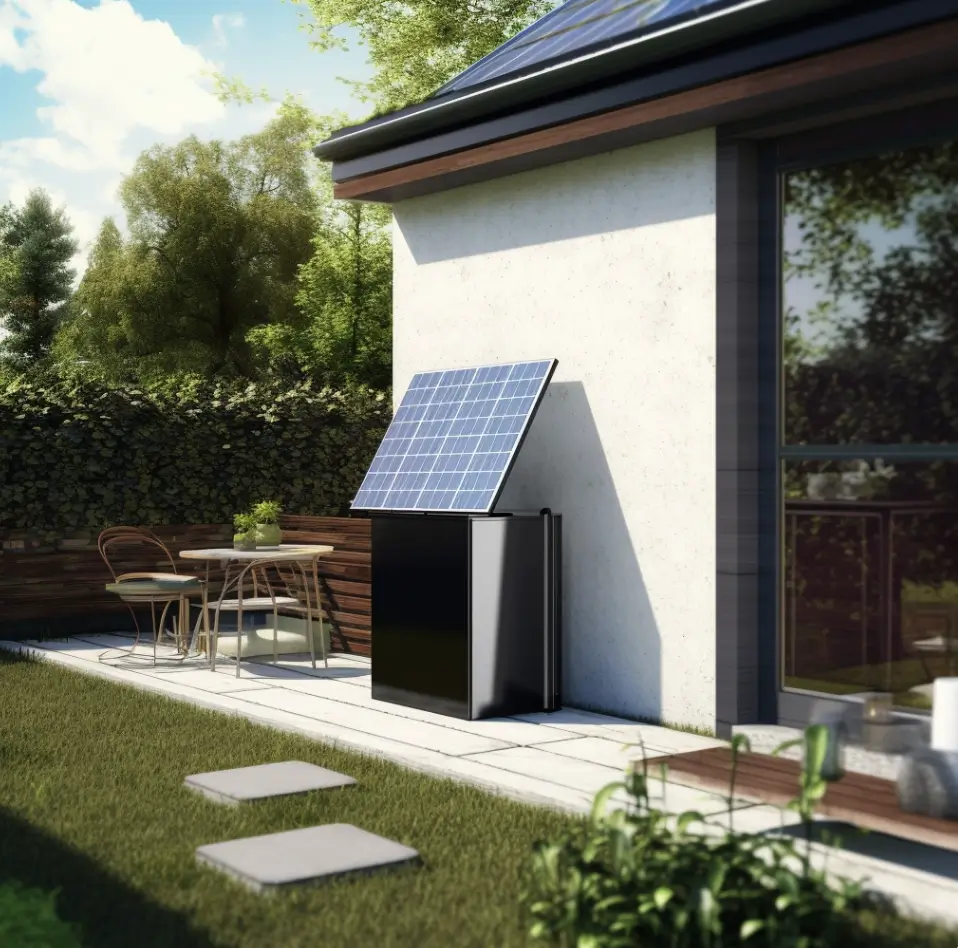Let’s talk about some of the drawbacks to solar energy…and specifically, the batteries, but why it might be worth it! The use of solar energy to power our homes and businesses has gained tremendous popularity over the years, driven by its environmental benefits and potential cost savings. Solar panels capture the sun’s energy and convert it into electricity, which can be used to meet our daily power needs. However, the intermittent nature of sunlight means that solar power production fluctuates throughout the day, which is why many homeowners and businesses turn to solar energy storage solutions. Solar batteries are designed to store excess energy generated during sunny periods for use during cloudy days or at night. While these batteries offer significant advantages, it’s essential to also consider their drawbacks. In this blog post, we will explore three key drawbacks to storing solar energy in batteries.
One of the most significant drawbacks of using solar batteries is the initial cost. Purchasing and installing a solar battery system can be a substantial investment. The upfront expense includes not only the cost of the battery itself but also the necessary hardware, such as inverters, charge controllers, and the installation process.
Solar battery prices vary depending on their capacity and technology. Lithium-ion batteries are more expensive but offer higher efficiency and longer lifespans compared to lead-acid batteries. The initial cost can be a barrier for many individuals and businesses looking to adopt solar energy storage. It’s important to remember that the return on investment can take several years, depending on factors like your location, electricity rates, and available incentives.

While some governments and utility companies offer financial incentives, tax credits, or rebates to offset the initial cost of solar battery systems, these programs may not be available in all areas, further exacerbating the financial hurdle.

Another drawback to solar energy storage with batteries, is their limited capacity. The storage capacity of a solar battery is determined by its size, technology, and the number of cells it contains. A typical residential solar battery may have a capacity ranging from 5 to 20 kilowatt-hours (kWh). This capacity is usually sufficient to cover evening and night-time electricity usage, but it may not be enough for homes with high energy demands or those aiming for complete energy independence.
For businesses and larger facilities, the need for increased capacity becomes even more apparent. Expanding storage capacity by adding more batteries is possible but involves additional costs and space considerations.
Additionally, a solar battery’s capacity can degrade over time due to factors like the number of charge-discharge cycles and temperature conditions. Battery degradation means that the capacity gradually decreases, which can impact its ability to store and provide energy over its lifespan.
Solar batteries are not 100% efficient when it comes to storing and retrieving energy. Energy loss occurs during the charge and discharge cycles due to factors such as heat generation, chemical reactions, and internal resistance within the battery. This energy loss can reduce the overall efficiency of the energy storage system.
Efficiency losses vary depending on the type of battery technology. Lithium-ion batteries are generally more efficient than lead-acid batteries, which tend to have higher self-discharge rates and lower round-trip efficiency. Lithium-ion batteries typically achieve round-trip efficiencies of around 90-95%, while lead-acid batteries may have round-trip efficiencies of around 70-80%.
Energy loss is a significant drawback because it means that not all the electricity generated by your solar panels is effectively stored or recovered. In regions with a high solar panel installation cost and low electricity prices, these losses can impact the financial viability of a solar battery system.
While the three drawbacks mentioned above are primary concerns, there are other considerations to bear in mind when using solar batteries:
Solar batteries require regular maintenance, including monitoring the state of charge, checking for any signs of wear or damage, and ensuring the system’s safety. If you’re curious about maintenance on your solar panels, check out this article.

The lifespan of a solar battery varies depending on the technology and usage. Lithium-ion batteries typically have longer lifespans than lead-acid batteries, with many lithium-ion options lasting 10-15 years or more.

Solar batteries can take up a significant amount of space, which may not be practical for homes with limited storage space or aesthetic considerations.
The environmental impact of solar batteries is a complex issue. While they contribute to reducing greenhouse gas emissions by enabling more solar power use, the production and disposal of batteries can have negative environmental effects.
Solar batteries play a crucial role in enhancing the reliability and sustainability of solar energy systems. However, they come with their fair share of drawbacks, including the initial cost, limited capacity, and energy loss. It’s important for individuals and businesses considering solar battery adoption to carefully weigh these drawbacks against the potential benefits, such as increased energy independence, reduced electricity bills, and a lower carbon footprint. As battery technology continues to evolve, addressing these challenges will likely become more manageable, making solar energy storage a more attractive option for a broader range of consumers.
Powered by Healthy Digital | Privacy Policy
Proudly Serving, Denver, CO, Colorado Springs, CO and surrounding areas.